XR Research in Aotearoa / New Zealand
Session Description:
While being a small country at the southern end of the Pacific Ocean, New Zealand is host to some of the best research and talent in the world in Extended Reality (virtual, augmented, mixed reality). Academic, industrial, and commercial XR research and development is flourishing in NZ and is producing best-in-class outcomes in this high potential tech field. We have invited leading figures from universities and industry to a panel session to discuss the current state and future of XR ranging from fundamental technological developments to broad and niche application areas. We encourage you to engage with New Zealand’s XR research scene to make the most of this exciting technology.
Session Day and Time: 20 October 3:30pm-5:00pm
Length: 90 minutes
Format: Panel
Chair Bios:
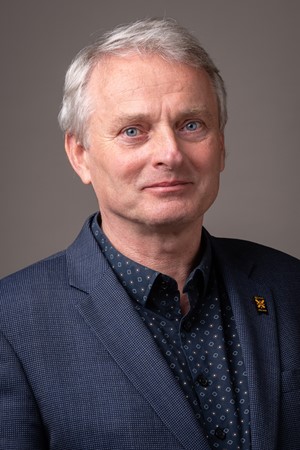
Professor Holger Regenbrecht is the Head of University of Otago’s Department of Information Science and is co-leading the Human-Computer Interaction Lab there. He has been working in the fields of virtual and augmented reality for over 20 years. He was initiator and manager of the Virtual Reality Laboratory at Bauhaus University Weimar (Germany) and the Mixed Reality Laboratory at DaimlerChrysler Research and Technology (Ulm, Germany).
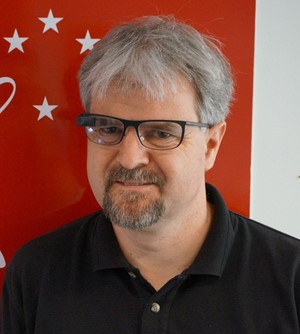
Professor Mark Billinghurst is Director of the Empathic Computing Laboratory at the University of South Australia in Adelaide, Australia, and at the University of Auckland in Auckland, New Zealand. He has published over 600 papers on AR, VR, collaboration, Empathic Computing, and related topics. He is internationally known for his AR/VR research, developing some of the most widely used AR tools, and ground breaking applications.
Speakers, Affiliations, bio:

Dr Danielle Lottridge (University of Auckland)
Danielle uses the lens of ‘affective interaction’ to understand and design human experiences with technology. Studying human behavior in relation to computers helps us to create more compelling interactions, which Danielle has applied to the design of an AR museum exhibit, immersive rehabilitation and XR for the performing arts.
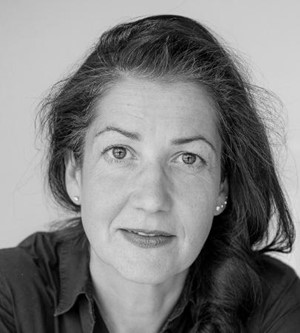
Assoc. Prof. Heide Lukosch (University of Canterbury)
In her research, Heide designs and evaluates applied immersive games for specific purposes such as training and learning, risk awareness and communication, and decision-making. She is interested to better understand how immersive technologies have to be designed to achieve the intended effect.
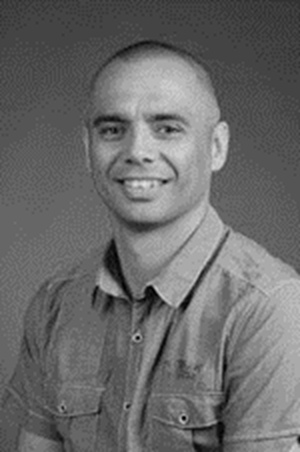
Assoc. Prof. Hēmi Whaanga (University of Waikato)
Hēmi has been involved, in various capacities as a project leader, writer and researcher, in a range of linguistic, indigenous Māori knowledge (Mātauranga Māori) and curriculum projects. He has published in the areas of Mātauranga Māori, traditional ecological knowledge, digitisation of indigenous knowledge, language revitalisation, linguistics, language teaching and curriculum development.
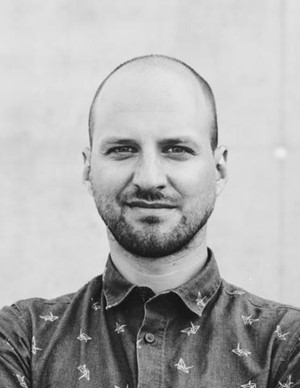
Assoc. Prof. Tobias Langlotz (University of Otago)
Tobias' main research interests are in Human-Computer Interaction, Wearable and Ubiquitous Computing, often evolving around the usage of Augmented Reality and other techniques from Visual Computing. At the moment, Tobias is mostly interested in Computational Glasses and Vision Augmentations and their potential for compensating vision impairments or enhancing human perception.
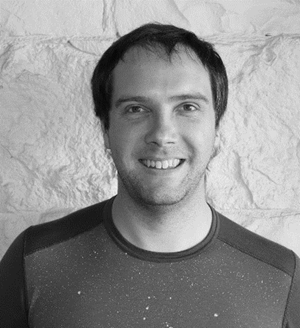
John Rendall (Animation Research Limited)
One of John’s first jobs, straight out of school, saw John being sent to Valencia in Spain as part of ARL’s team delivering its ground-breaking 3D graphics for the 32nd America’s Cup. 15 years on John is now Head of Technology and Innovation at ARL.

